Khaborwala Online Desk
Published: 21 Oct 2025, 03:59 pm
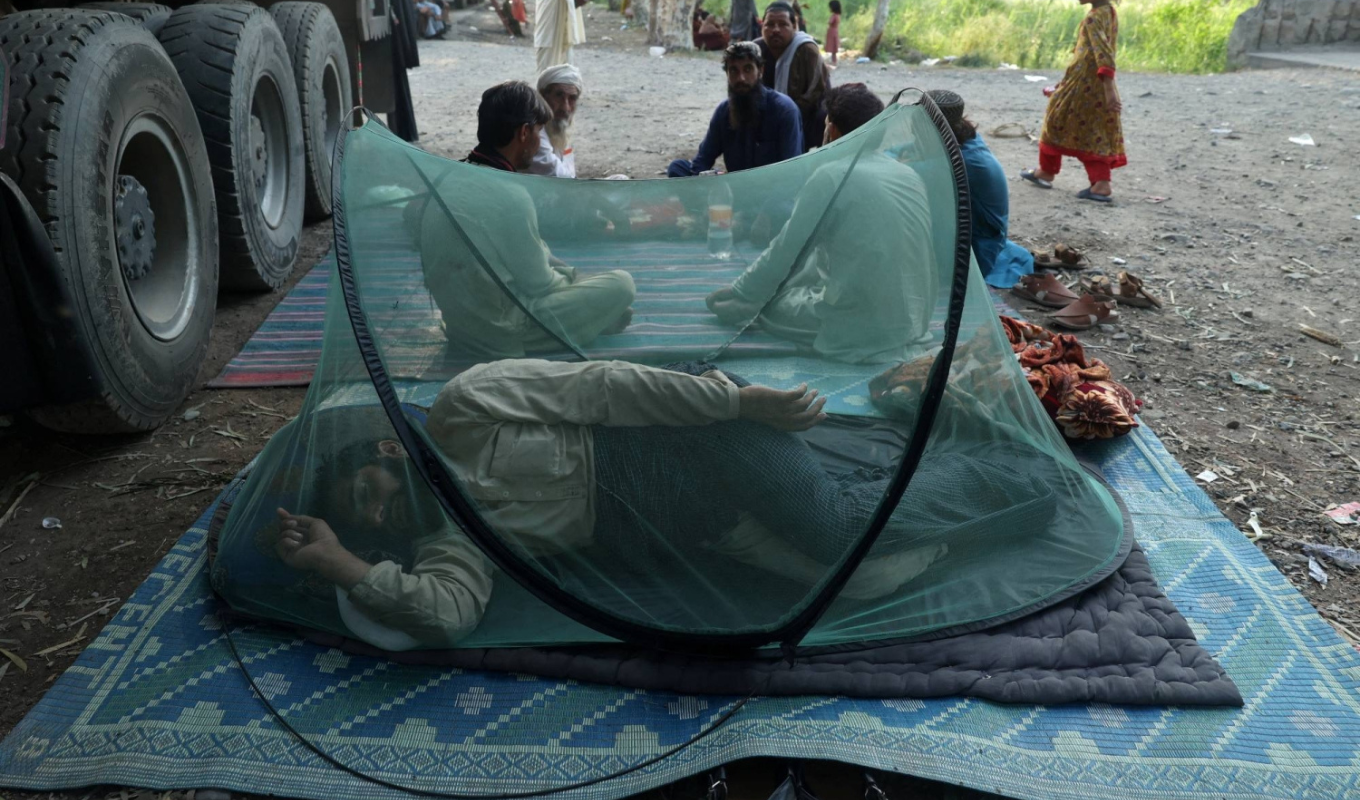
After two decades of remarkable advancement, the global fight against malaria has reached a critical impasse, with climate change and rapid population growth emerging as the dominant forces threatening to undo years of progress, campaigners warned on Tuesday.
They cautioned that insufficient funding for increasingly expensive prevention programmes risks reversing gains made against the mosquito-borne disease, potentially costing hundreds of thousands of lives and billions of dollars in global economic losses.
The new joint report by the African Leaders Malaria Alliance (ALMA) and Malaria No More UK revealed that Africa remains the epicentre of the malaria crisis, accounting for 95% of all cases of the disease that claimed 590,000 lives worldwide in 2023.
| Region / Metric (2023) | Estimated Cases | Deaths | Share of Global Cases |
| Africa (Total) | ~250 million | ~560,000 | 95% |
| Global Total | 263 million | 590,000 | 100% |
Several African countries have reported sharp spikes in malaria cases between January and June 2025, driven by heavy rainfall and flooding, which create ideal breeding grounds for mosquitoes.
The report, released ahead of a 21 November summit in South Africa aimed at securing contributions to the Global Fund to Fight AIDS, Tuberculosis and Malaria, highlighted that malaria deaths have halved over the past two decades. However, progress has stalled as financial support has dwindled.
“Insufficient funding has caused malaria progress to stall,” the report stated, warning of a “perfect storm of climate change, rising drug and insecticide resistance, trade disruptions, and global insecurity.”
The Global Fund currently supports around 59% of global malaria spending, but campaigners say even this is not enough to counter the mounting threats.
According to the UN’s World Malaria Report 2024, the world saw 263 million cases in 2023 — 11 million more than the previous year, signalling the first major rise in years.
ALMA Executive Secretary Joy Phumaphi told AFP that rising temperatures and increased flooding have amplified mosquito breeding sites, allowing malaria to spread into new territories.
“In Rwanda, for example, mosquito breeding sites now exist at higher altitudes than before,” Phumaphi explained.
Another major concern is the spread of the Asian mosquito species Anopheles stephensi into African regions, bringing new transmission risks. At the same time, insecticide resistance has grown, weakening the impact of traditional control tools such as bed nets and indoor spraying.
To combat these challenges, health agencies have begun deploying next-generation prevention methods, including:
| Innovation | Function | Effectiveness | Challenge |
| Dual-insecticide mosquito nets | Combine two chemicals to overcome resistance | High | Significantly more expensive |
| Drone-based larvicide application | Drones spray chemicals to destroy larvae in water bodies | High | Requires skilled operators and advanced logistics |
| New anti-malaria vaccine (in trials) | Expected up to 80% efficacy | Promising | Still under testing, costly rollout |
Phumaphi noted that the African population has nearly doubled in the past 30 years, increasing the cost and complexity of prevention campaigns.
“It’s more expensive, but we also have to cover a bigger population than before,” she said.
Malaria remains most prevalent in Nigeria and is a leading cause of absenteeism among workers and students. It also causes learning difficulties and cognitive impairment in children.
Phumaphi stressed that malaria eradication would have “massive economic returns” for Africa — not just through saving lives, but by boosting productivity, reducing poverty, and reviving tourism.
“Malaria leads to huge amounts of out-of-pocket payments for households and is a major cause of poverty,” she said. “Once this market is protected, their purchasing power is enormous.”
The current malaria vaccine, in use across 23 African countries, provides around 40% protection and must be used alongside other measures. However, a new vaccine in human trials is expected to reach up to 80% efficacy, offering renewed hope for global eradication efforts.
| Vaccine Type | Coverage (African Countries) | Efficacy | Stage |
| RTS,S/AS01 (Current) | 23 | ~40% | Deployed |
| R21/Matrix-M (Next-gen) | Trials ongoing | ~80% (expected) | Human testing |
The report’s funding model projects that a complete halt in malaria prevention could cost Africa an estimated $83 billion in GDP losses by 2030, alongside 525 million additional cases and nearly one million extra deaths.
| Projected Impact by 2030 (If Funding Halts) | Estimate |
| Additional Malaria Cases | 525 million |
| Additional Deaths | 990,000 |
| Economic Loss (GDP) | $83 billion |
Experts warn that the world is now at a defining crossroads in the war against malaria. Without urgent, sustained global funding and renewed commitment, the devastating disease could reclaim its former grip — erasing decades of progress and endangering millions across Africa and beyond.

Fortitude Re and Carlyle Group have jointly launched a new reinsurance sidecar, Fortitude Carlyle As...

Global commercial insurance rates dropped by 4% in the third quarter of 2025, marking the fifth cons...

The University of Miami, one of the leading research universities in the United States, is offering...
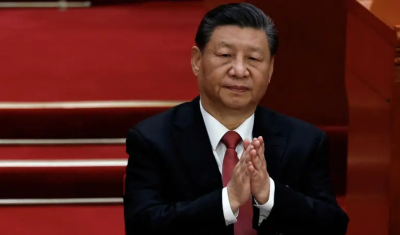
The top leadership of China’s Communist Party has convened in Beijing this week for a crucial strate...

The Louvre Museum reopened to the public on Wednesday, three days after it was forced to close follo...
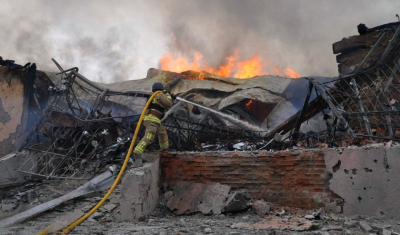
A series of overnight Russian missile and drone strikes across Ukraine left six people dead, includi...
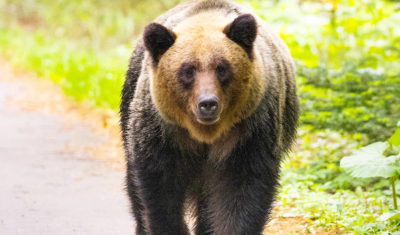
Japan’s newly appointed Environment Minister, Hirotaka Ishihara, has vowed to implement stricter mea...

Football fans witnessed an electrifying night of action as the UEFA Champions League delivered a flo...

Abuja, Wednesday — The death toll from a petrol tanker explosion in central Niger State, Nigeria, ha...

Jerusalem, Wednesday — United States Vice President JD Vance on Wednesday acknowledged that major ch...
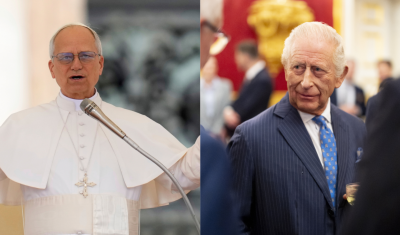
Vatican City, Wednesday — King Charles III is set to embark on a historic state visit to the Vatican...
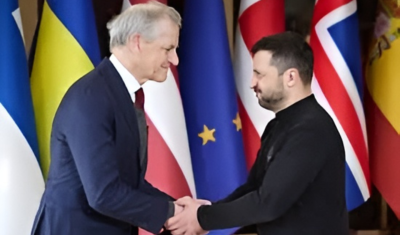
Ukrainian President Volodymyr Zelensky arrived in Oslo on Wednesday for high-level discussions with...